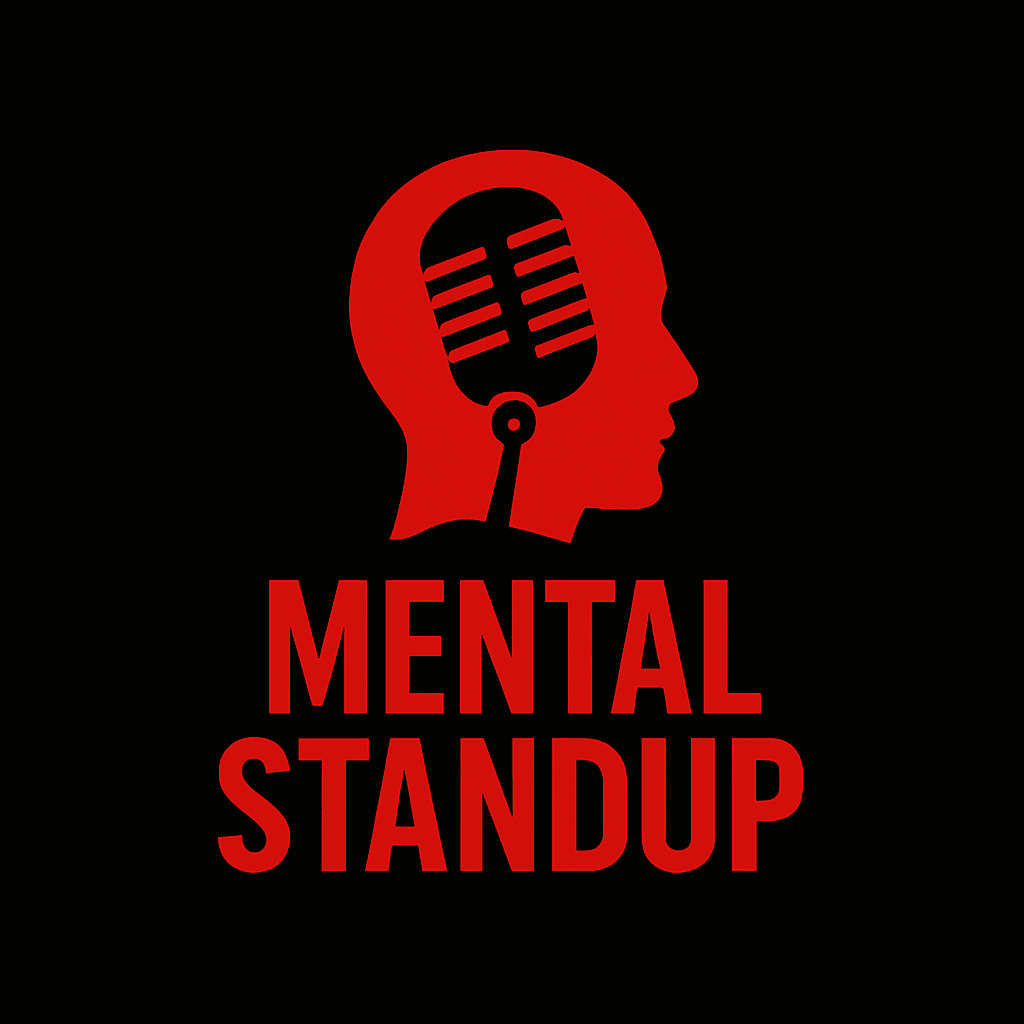Exploring the Healing Power of Dark Humor in Mental Health
Understanding Dark Humor
Dark humor, often referred to as gallows humor, involves making light of subjects that are generally considered serious, taboo, or distressing. While it may seem counterintuitive, this type of humor can be a coping mechanism, allowing individuals to confront difficult emotions and situations with levity. By defusing anxiety and fear, dark humor can be a valuable tool in mental health.

In mental health contexts, dark humor provides a way to express feelings that might otherwise be difficult to articulate. It offers an outlet for people dealing with intense emotions or traumatic experiences, enabling them to process their thoughts in a less overwhelming manner. This form of humor can create a sense of connection and understanding among those who share similar experiences.
The Psychological Benefits
Research suggests that dark humor can have significant psychological benefits. A study published in the journal Cognitive Processing found that people who appreciate dark humor might have higher levels of intelligence and emotional stability. By reframing negative experiences through humor, individuals are able to reduce stress and anxiety.
Moreover, dark humor can foster resilience. It allows individuals to face adversity with a sense of control and empowerment. When people laugh at what frightens them, they’re less likely to feel overwhelmed by it. This can be particularly beneficial for those dealing with mental health challenges, as it provides an alternative perspective on their struggles.

Creating a Supportive Community
Dark humor can also play a crucial role in building supportive communities. Shared laughter over similar experiences can create bonds between individuals, offering a sense of camaraderie and understanding. This communal aspect of humor is especially important in mental health support groups, where members often use humor to connect and lift each other's spirits.
However, it’s important to recognize that not everyone responds to dark humor in the same way. What might be therapeutic for one person could be distressing for another. Therefore, it’s essential to be mindful of the audience and their comfort levels when using this type of humor in social settings.
Striking the Right Balance
While dark humor has its benefits, it's crucial to strike a balance. Over-reliance on this form of humor could potentially mask underlying issues that need to be addressed more directly. It's important for individuals to acknowledge their feelings and seek professional help when necessary.

Therapists and mental health professionals can use dark humor strategically in a therapeutic setting, helping clients explore difficult topics in a less threatening way. When used appropriately, it can enhance communication and provide relief from the intensity of certain emotions.
Conclusion
In conclusion, the healing power of dark humor in mental health is multifaceted. It offers psychological benefits by reducing stress and anxiety, fostering resilience, and building supportive communities. However, it must be used carefully and thoughtfully, with consideration for individual differences and sensitivities.
As society continues to break down the stigma surrounding mental health, dark humor remains an effective tool for many in their journey toward healing and understanding. By using laughter as a form of therapy, individuals can find strength and solace amidst life's challenges.
